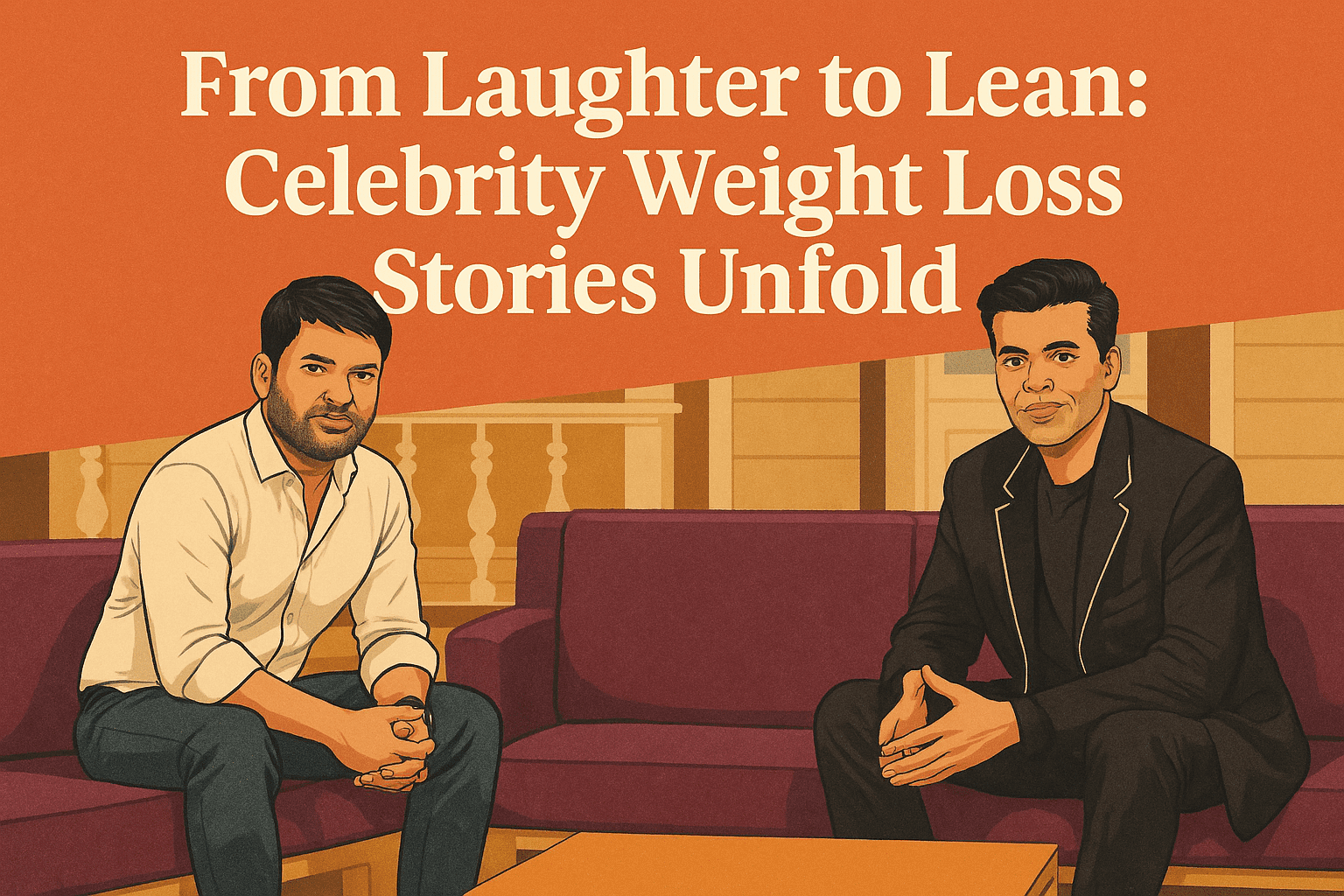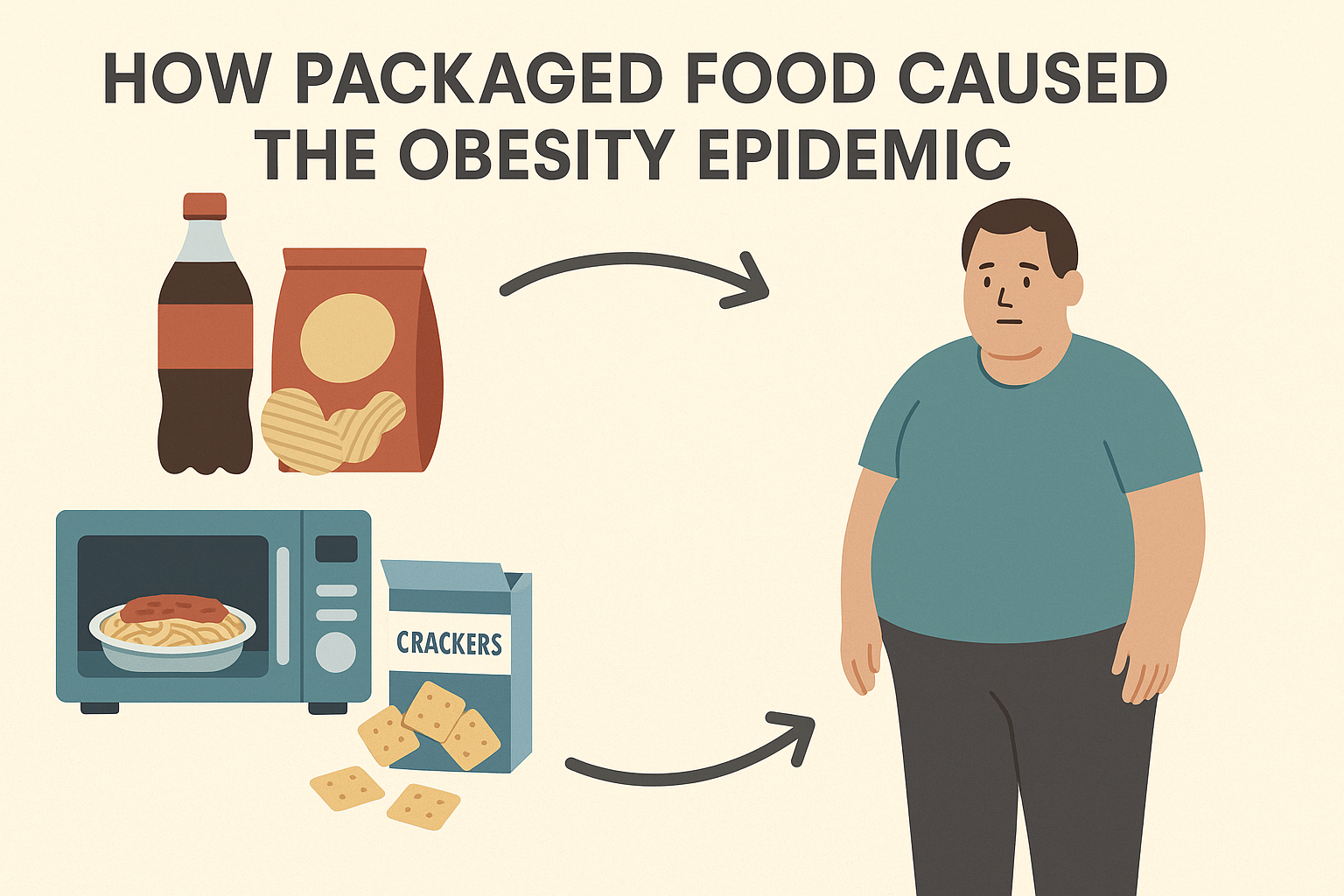Hi, I’m Mila —a recovering stress-eater, snack procrastinator, and occasional breakfast skipper. For years, I cycled through phases of “eating clean,” only to fall face-first into a bag of chips by Wednesday. Sound familiar?
Fed up with the rollercoaster, I decided to try something different: 30 days of brutally honest food journaling. No guilt, no rules—just tracking what I ate, when, and why.
What started as a simple notebook habit turned into a revelation. Here’s what my chaotic (but enlightening) month taught me.
1. I Was Eating Out of Boredom (Not Hunger)
One of the biggest realizations? I often ate simply because I was bored. Flipping through my journal, I noticed a pattern: late-afternoon snacks while scrolling, evening munchies during TV time, and unnecessary office break room treats—all driven by habit, not hunger.
Solution: I started asking myself, “Am I actually hungry, or just looking for something to do?” If it was boredom, I’d drink water, take a walk, or pick up a book instead.
2. Emotional Eating Was My Default
Stress = chocolate. Sadness = chips. Celebration = pizza. My journal revealed how often I turned to food for comfort rather than nourishment. Seeing it written down made it harder to ignore.
Solution: I began practicing mindful eating—pausing before grabbing food to check in with my emotions. Sometimes, a quick meditation or journaling session helped more than a snack.
3. Skipping Breakfast Led to Overeating Later
On days I skipped breakfast, I noticed I’d overeat at lunch or binge on snacks by mid-morning. My energy levels crashed, and my cravings for sugar and carbs spiked.
Solution: I committed to a balanced breakfast (protein + fiber) every day, even if it was something quick like Greek yogurt or a smoothie. This small change kept me full and reduced impulsive eating.
4. Hydration Made a Huge Difference
Some days, what I thought was hunger was actually thirst. My journal showed that when I drank enough water, I snacked less and felt more energized.
Solution: I started tracking water intake alongside meals and set reminders to drink throughout the day.
5. Meal Planning = Fewer Bad Decisions
The busier I was, the more likely I was to grab fast food or processed snacks. Journaling helped me see which days were most vulnerable to poor choices.
Solution: I began meal prepping simple, healthy options (overnight oats, pre-cut veggies, batch-cooked proteins) to avoid last-minute unhealthy choices.
6. Progress, Not Perfection
Some days were great—balanced meals, mindful eating, and plenty of water. Others? Not so much. But instead of feeling guilty, I used my journal to reflect, not judge.
Solution: I shifted my mindset from “I failed” to “What can I learn?” This made the process more sustainable.
Final Thoughts
Journaling for 30 days didn’t magically fix all my eating habits, but it gave me clarity and control. By spotting patterns, I could make intentional changes rather than relying on willpower alone.
If you’ve ever felt stuck in a cycle of mindless eating, I highly recommend trying a food journal—even for just a week. You might be surprised by what you discover.



